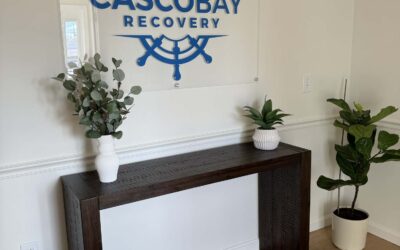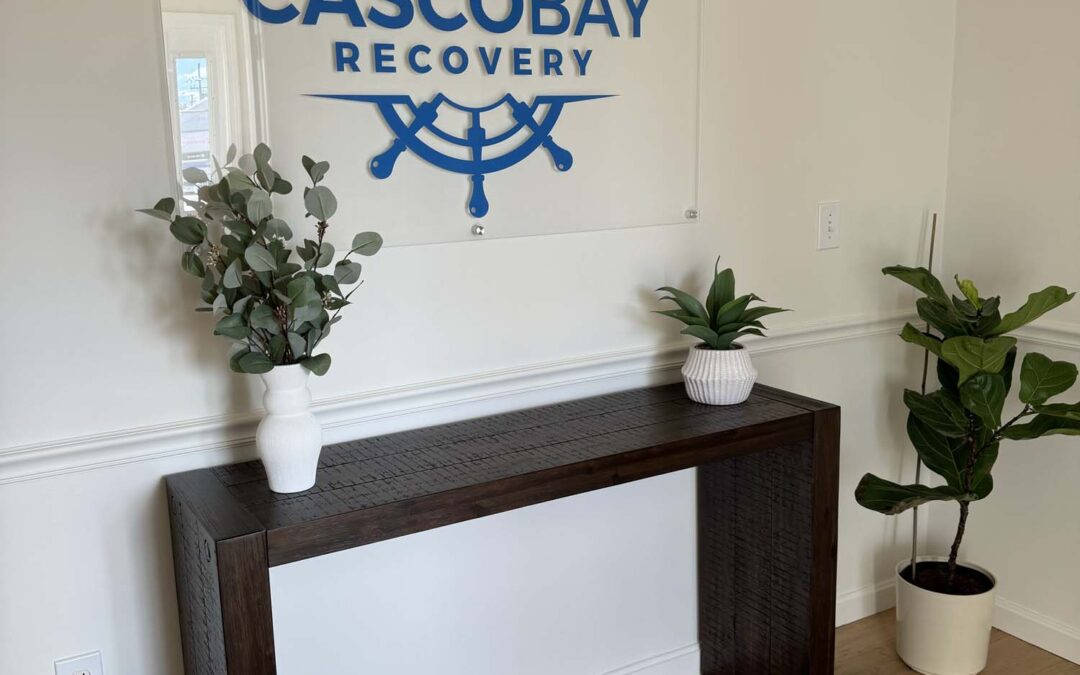Embarking on the journey of addiction recovery is a courageous decision. While the focus is naturally on healing and reclaiming your life, it’s important to understand your Legal Rights for Those in Recovery. Federal laws protect individuals in recovery from discrimination in various aspects of life, including housing, employment, and healthcare. Knowing your legal rights empowers you to navigate these areas with confidence and focus on your continued success.
Understanding Addiction as a Disability
The Americans with Disabilities Act (ADA) is a cornerstone of legal protections for those in recovery. The ADA recognizes substance use disorder (SUD) as a disability under certain conditions. This means individuals who are no longer actively using substances and can perform essential job functions with or without reasonable accommodation are protected from discrimination. The Substance Abuse and Mental Health Services Administration (SAMHSA) offers a helpful guide on the ADA and individuals with SUD.
Legal Rights in Employment
The ADA protects individuals in recovery from discrimination in the hiring process, during employment, and regarding termination. Employers cannot inquire about past substance use unless it directly relates to the job at hand. They must also provide reasonable accommodations, such as flexible scheduling for treatment or time off for doctor’s appointments, unless it would impose an undue hardship on the business. Casco Bay Recovery offers a comprehensive guide on returning to work in recovery, providing valuable tips for navigating this process [link to Returning to Work After Addiction Treatment article on Casco Bay Recovery website].
Safe and Stable Housing
The Fair Housing Act (FHA) prohibits discrimination based on disability in housing. Landlords cannot deny tenancy or impose additional conditions solely because of a history of addiction, as long as the individual is not actively using substances. If you encounter difficulties finding housing due to your recovery status, the National Fair Housing Alliance provides resources and support.
Access to Healthcare
The Rehabilitation Act prohibits discrimination by federally funded healthcare programs. This ensures individuals in recovery have equal access to treatment and other healthcare services. Additionally, the Affordable Care Act (ACA) protects individuals with pre-existing conditions, including SUD, from being denied coverage or charged exorbitant premiums.
Confidentiality and Medical Records
Your privacy is protected by HIPAA (Health Insurance Portability and Accountability Act). Medical professionals cannot share your treatment records without your written consent, except in specific situations outlined by law.
Legal Advocacy and Support
If you believe your Legal Rights for Those in Recovery have been violated, you have options. The Department of Justice’s Civil Rights Division enforces the ADA and Fair Housing Act. Many legal aid organizations specialize in disability rights and can provide legal representation or guidance. Casco Bay Recovery also offers support services to help you navigate legal issues related to your recovery journey.
Understanding your Legal Rights for Those in Recovery empowers you to advocate for yourself and ensure fair treatment in various aspects of life. By knowing your rights and utilizing available resources, you can focus on your recovery with confidence and peace of mind. Remember, Casco Bay Recovery is here to support you every step of the way. Contact us today to learn more about our recovery programs and support services.
Additional Resources:
- SAMHSA National Helpline: 1-800-662-HELP (4357)
- National Institute on Drug Abuse (NIDA)
- MentalHealth.gov








